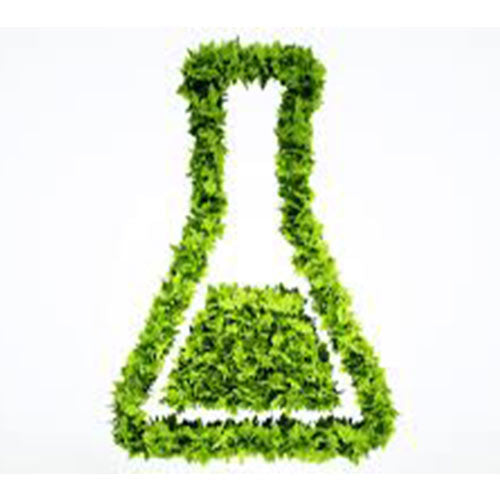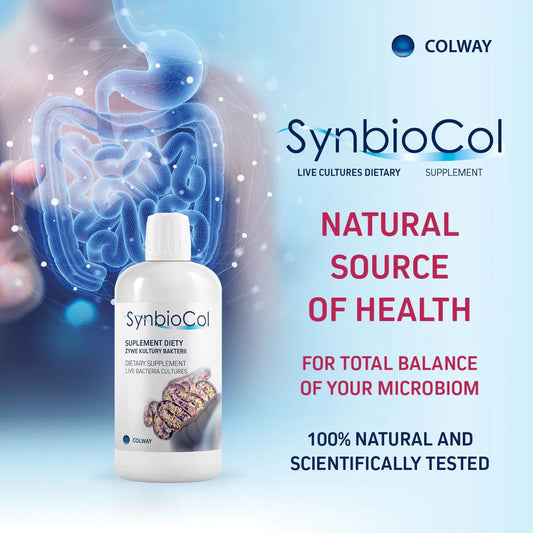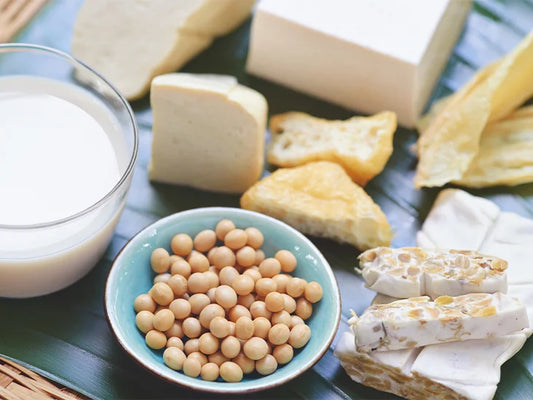SLS, Sodium Lauryl Sulfate: Learn The Facts
There are many products labeled as ‘natural’ or ‘organic’ that still contain sulfates. The aim of SLS Free is to help you discover products that do not contain Sodium Lauryl Sulfate (SLS) or Sodium Laureth Sulfate (SLES) and learn more about the potential health problems these chemicals can cause.
What Is Sodium Lauryl Sulfate?
Sodium Lauryl Sulfate (commonly known as SLS) is a widely used and inexpensive chemical found in many mainstream personal hygiene products such as shampoos, toothpastes, mouthwashes, body wash, soaps, detergents and body wash , along with Sodium Laureth Sulfate (SLES) and Ammonium Laurel Sulfate (ALS).
SLS is a detergent and surfactant which essentially means that it breaks surface tension and separates molecules in order to allow better interaction between the product and your hair. This in turn creates a lather which makes products such as shampoo and toothpaste more effective cleaners. So effective and so inexpensive is Sodium Lauryl Sulfate that it’s found in a number of industrial cleaning agents such as engine degreaser and industrial strength detergents. It’s also widely used as a skin irritant when testing products used to heal skin conditions. For this reason, SLS is available for sale on Amazon as a raw material.
Is It Dangerous?
There are conflicting reports published over the years and as a result a lot of unsubstantiated claims being made about the use of Sodium Lauryl Sulfate. Most concerning are reports of links between Cancer and SLS.
A Cause of Cancer?
At this point in time there is no scientific evidence that links the use of SLS to Cancer.
There is healthy debate surrounding the topic of SLS and Cancer, however at this point in time there is no scientific evidence that links the two. This has also been backed up by the The American College of Toxicology (ACT) found that even relatively low concentrations, less than one-half percent, might result in harmful skin irritation.
Higher concentrations were responsible for severe irritation and even corrosion of the skin. The International Journal of Toxicology also provides a Dioxane is a suspected carcinogen and lasts much longer in our bodies, primarily because the liver cannot metabolize it effectively. While it’s considered less of a skin irritant when compared to SLS, there are underlying concerns over its continued use in beauty products.
More Than Just A Skin Irritant?
In addition to skin irritation, there are studies that point to residual levels of Sodium Lauryl Sulfate in the brain, lungs, liver, and heart. These levels follow the use of SLS used externally on the scalp and skin, and in the mouth as an ingredient in toothpaste. There are some findings that link the ingredient to a hormone imbalance. Symptoms such as PMS and PMT and menopausal symptoms are tied to hormone levels. There has been a lower rate of male fertility reported in some cases, particularly in western countries however this is still unsubstantiated. Because SLS mimics Oestrogen, it’s possible that it may play a role in these types of health issues. The concern here is while it’s generally considered safe to use at 1%, over time the amount absorbed by the bloodstream can mean residual levels in your body are much higher.













